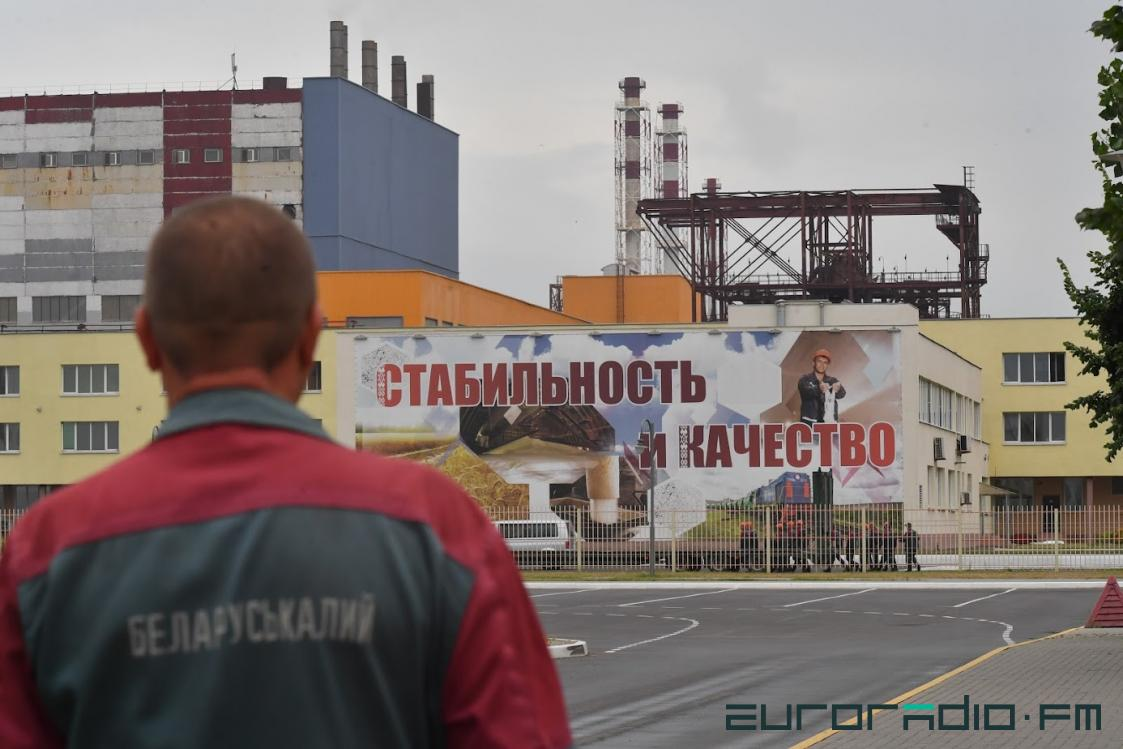Belarusian potash in exchange for easing Western sanctions?
 The situation has not changed
The situation has not changed

In the context of growing global food security problems related to the war in Ukraine, the Belarusian regime is attempting to weaken Western sanctions against the potash and logistics sectors of the Belarusian economy. Minsk is also trying to bypass the trade and logistics blockade with the help of countries such as the UAE, India and China.
UN Secretary-General António Guterres called for lifting restrictions on the supply of Belarusian and Russian fertilisers. He noted that Russia and Belarus are among the largest potash producers, a critical ingredient in fertilisers. If high fertiliser prices persist, the food crisis could affect billions of people worldwide. Guterres proposed several measures to avoid hunger, one of which is lifting restrictions on the supply of fertilisers.
Earlier, Western media reported that the UN Secretary-General proposed to soften Western sanctions on the export of Belarusian and Russian potash fertilisers in exchange for Russia lifting the blockade of grain shipments from Ukrainian Black Sea ports. Lithuania also announced negotiations on the organisation of a humanitarian transport corridor for Ukrainian grain through Belarus to the port of Klaipeda.
Following this, Lukashenka sent a message to Guterres concerning the problems of international food security in the context of geopolitical tension and sanctions.
Washington has not yet confirmed (or denied) that suspending sanctions against Belarusian potash fertilisers in exchange for the transit of Ukrainian grain to Klaipeda is under consideration. However, in its approach to this issue, the United States remains committed to sanctions as a vital tool in efforts to address global security problems and human rights violations in Belarus.
Sanctions against Belaruskali and BPC were introduced in 2020 in response to the actions of the Belarusian authorities against peaceful protests and violations of fundamental human rights. Against the background of introducing the death penalty for attempted terrorist crimes, a step the United States considers intimidation, a review of sanctions against the Belarusian potash industry by Washington is unlikely to lead Belarus out of the current political impasse.
In turn, MEPs adopted a resolution calling for the extension of all sanctions imposed against Russia to Belarus. The resolution condemns the role of the Belarusian regime in facilitating the war and holds it jointly responsible for the attack with all the legal consequences arising in international law. The resolution also calls for an investigation into the crimes of the Lukashenka regime against the Belarusian people and calls on EU countries to actively apply the principle of universal jurisdiction and prepare court cases against Belarusian officials, including Lukashenka, responsible for violence and repression.
The coordinated position of the United States and the EU on sanctions makes the prospects for easing sanctions unlikely. The volume of blocked exports to the EU and North America is already about USD 16-18 billion a year; with the introduction of the sixth sanctions package, this will increase significantly.
Following the example of the Kremlin, the Belarusian regime is trying to break the trade blockade through economic cooperation and reorientation of export flows through the United Arab Emirates and India, which have not joined Western sanctions. After Beijing excluded Belarus from the China-Europe-China railway transit corridor, Minsk is trying to negotiate with the Chinese regarding a pilot project for road transportation on the China – Belarus – China route. The parties have agreed on the exchange of 1,000 permits, of which 500 are permits for transportation to/from third countries and 500 are transit.
Without a way out of the Russian war against Ukraine and a solution to the internal political crisis, only an increase in sanctions on the Belarusian regime is probable.
Subscribe to our newsletter




Situation in Belarus
Constitutional referendum: main consequences


 Video
Video
How to count the political prisoners: are the new criteria needed?


 Video
Video
Paternalism In Decline, Belarusian Euroscepticism, And The Influence Of Russia


 Video
Video












